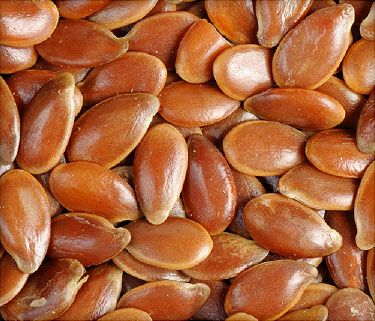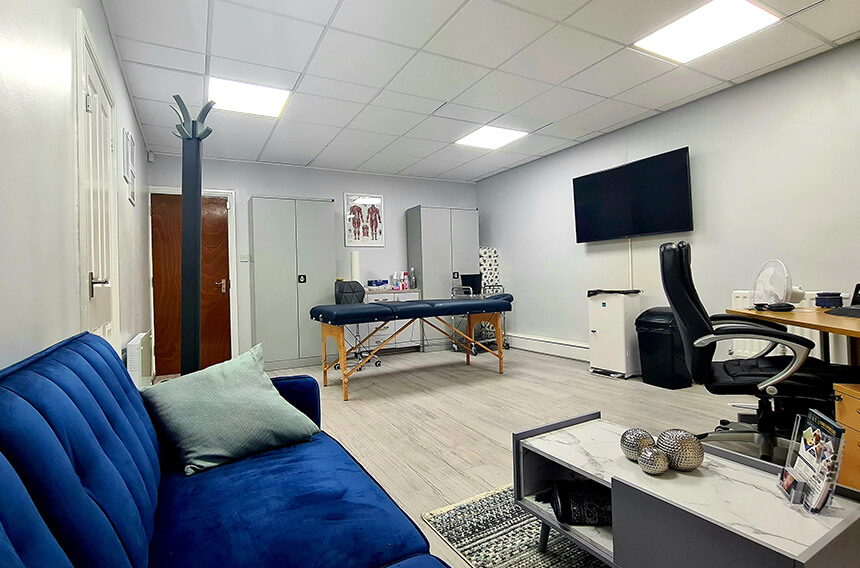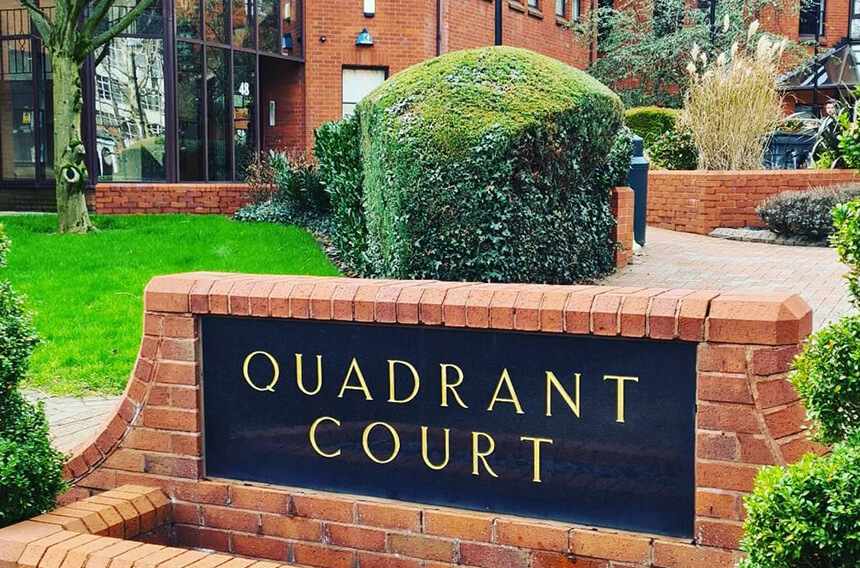Some call it one of the most powerful plant foods on the planet. There’s some evidence it may help reduce your risk of heart disease, cancer, stroke, and diabetes. That’s quite a tall order for a tiny seed that’s been around for centuries.
Flaxseed was cultivated in Babylon as early as 3000 BC. In the 8th century, King Charlemagne believed so strongly in the health benefits of flaxseed that he passed laws requiring his subjects to consume it. Now, thirteen centuries later, some experts say we have preliminary research to back up what Charlemagne suspected.

Flaxseed is found in all kinds of today’s foods from crackers to frozen waffles to oatmeal. The Flax Council estimates close to 300 new flax-based products were launched in the U.S. and Canada in 2010 alone. Not only has consumer demand for flaxseed grown, agricultural use has also increased. Flaxseed is what’s used to feed all those chickens that are laying eggs with higher levels of omega-3 fatty acids.
Although flaxseed contains all sorts of healthy components, it owes its primary healthy reputation to three of them:
- Omega-3 essential fatty acids, “good” fats that have been shown to have heart-healthy effects. Each tablespoon of ground flaxseed contains about 1.8 grams of plant omega-3s.
- Lignans, which have both plant estrogen and antioxidant qualities. Flaxseed contains 75 to 800 times more lignans than other plant foods.
- Fiber. Flaxseed contains both the soluble and insoluble types.
The Health Benefits of Flax
Although Lilian Thompson, PhD, an internationally known flaxseed researcher from the University of Toronto, says she wouldn’t call any of the health benefits of flax “conclusively established,” research indicates that flax may reduce risks of certain cancers as well as cardiovascular disease and lung disease.
Recent studies have suggested that flaxseed may have a protective effect against breast cancer, prostate cancer, and colon cancer. At least two of the components in flaxseed seem to contribute, says Kelley C. Fitzpatrick, director of health and nutrition with the Flax Council of Canada.
In animal studies, the plant omega-3 fatty acid found in flaxseed, called ALA, inhibited tumor incidence and growth.
OVER 10K HAPPY CLIENTS ACROSS THE UK INCLUDING BIRMINGHAM, WALSALL, DUDLEY, STOURBRIDGE, OLDBURY, WOLVERHAMPTON, COVENTRY, LEAMINGTON SPA, NOTTINGHAM, SOLIHULL, TELFORD, GLOUCESTER, WORCESTER, DERBY, BRISTOL, STOKE AND SUTTON COLDFIELD INCLUDING THE FOLLOWING AREAS:
Acocks Green, Alum Rock, Aston, Balsall Heath, Birmingham City Centre, Bordesley Green, Bromford, Castle Vale, Digbeth, Edgbaston, Erdington, Garretts Green, Great Barr, Hall Green, Handsworth, Harborne, Hay Mills, Highgate, Hockley, Hodge Hill, Jewellery Quarter, King's Heath, Kings Norton, Kingstanding, Kitts Green, Ladywood, Lozells, Moseley, Nechells, Newtown, Northfield, Nuneaton, Pelham, Perry Barr, Quinton, Saltley, Selly Oak, Selly Park, Shard End, Sheldon, Small Heath, Smethwick, South Yardley, Sparkbrook, Sparkhill, Stechford, Tipton, Tyseley, Ward End, Washwood Heath, Wednesbury, West Bromwich, Winson Green, Witton, Yardley, Yardley Wood
Our therapists are fully insured for all services we provide. Qaya Clinic is based in Edgbaston Medical Village, Birmingham City Centre. WE ARE OUTSIDE THE CLEAN AIR ZONE with free nearby parking.






